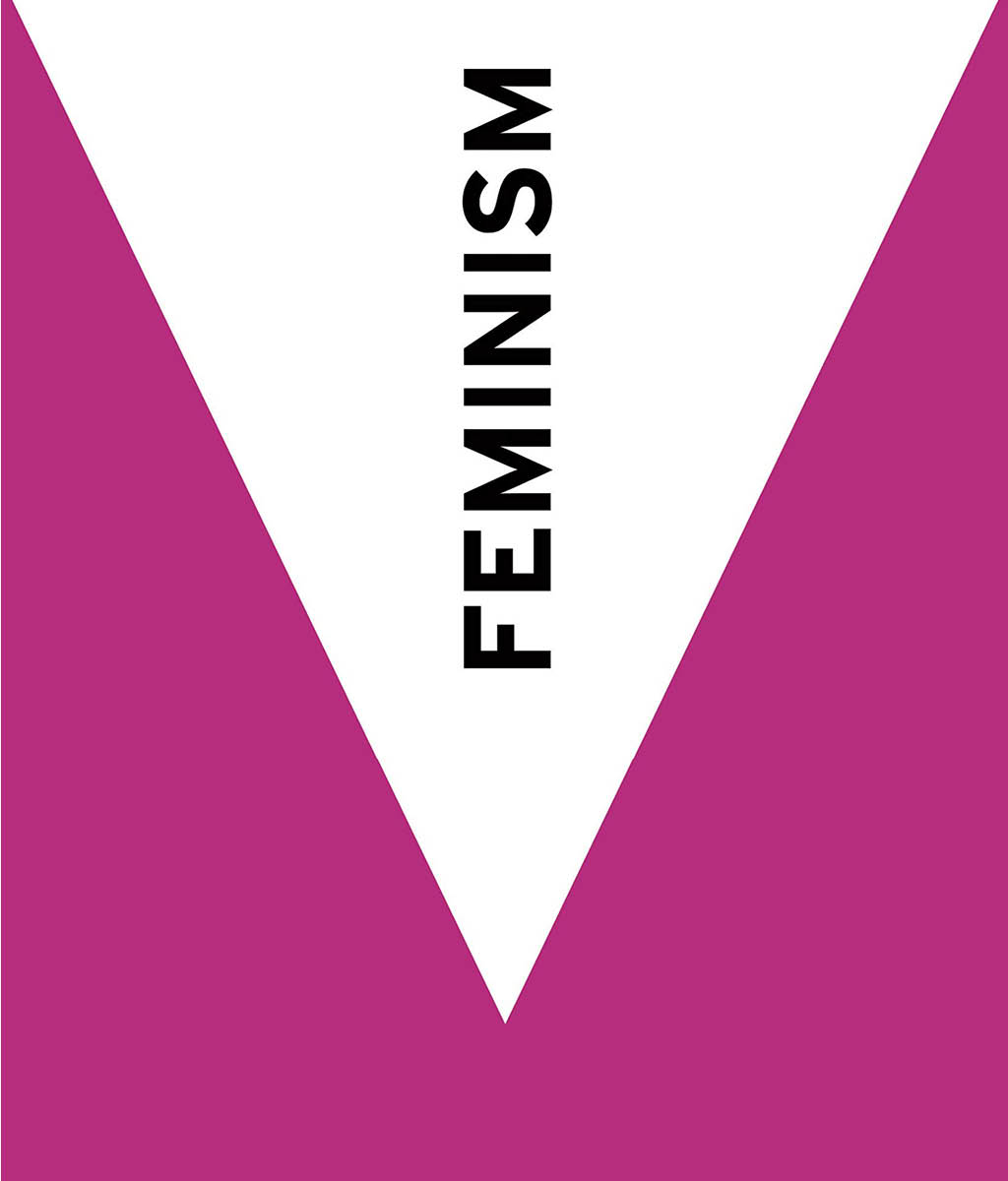Chapter 7 of this book is about prostitution and I will limit myself to commenting on this. I will deal with three points that she makes. Otherwise it would be a very long post.
Right at the start of the book we have the idea that an archaeologist will say 'a pit of newborn babies' bones was how to spot a brothel'. One wonders what this is to do with the modern world. If you are interested in the remains of newborn babies in the modern world and not the ancient you will find them in great quantities in the grounds of Bon Secours Mother and Baby Home - up to 800.
I wouldn't just accept what archaeologists say anyway. A skeleton found in Wales was called 'The Red Lady of Paviland'. Speculation was that she was a prostitute servicing the nearby Roman army camp. Later it was realised 'she' was a man.
Mother and Baby Homes and Magdalene laundries were run by nuns .They would still be there were it not for the changes in attitudes in society which brought about the sexual revolution. There was another mass grave at High Park Magdalene Laundry, Dublin, this one with 155 women.
In Chapter 7 on page 147 Louise Perry writes this:-
"Decriminalisation or legalisation of the sex industry increases the demand for commercial sex. In countries that have adopted these legal models, the proportion of the male population who have ever bought sex is higher, and the sex tourism industry is larger. Given that the number of women who will willingly enter the sex trade is small, when demand grows, unwilling women must be sought out in order to meet it."
Decriminalisation and legalisation are two different legal models. I support the former not the latter. The only country that has adopted decriminalisation is New Zealand, although Belgium has recently adopted it too. In New Zealand demand has not increased.
Some people say that it has but that is not true. I don't know if it has increased in the Netherlands or Germany. I have not seen evidence of that and Perry offers no evidence.
It is interesting that she uses the phrase 'the proportion of the male population who have ever bought sex'. From my analysis of statistics from Sweden I know that there is a difference between the proportion of men who are active sex buyers and the proportion who have ever bought sex. The proportion of men who were active sex buyers before the Nordic model was 1.3%, after it was introduced it was 1.8%. The proportion of men who had ever bought sex dropped from about 13% to about 8% in the same period.
That is because the proportion who have ever done it will change as older generations become too old to participate in surveys. The cut off age is 74 years old. It will depend on factors such as whether the country was at war or whether they had large scale conscription decades ago. It won't depend on recent changes in law. The proportion of men who are active sex buyers will probably change because of changes in the law but will certainly change because of a financial crisis when men have less money to spend.
When demand grows the existing sex workers make more money. They have more customers and each customer will pay more. It doesn't mean that women will be forced to become sex workers. They may be more incentivised to become sex workers, but that is a different matter.
On page 145 Perry quotes from sociologist Elizabeth Bernstein. These quotes however don't support her assertion that well-paid sex workers are 'highly unrepresentative'. Bernstein quite correctly states that there are two ends of the continuum. There are well-paid sex workers at one end of the continuum and homeless women addicted to crack or heroin who are pimped at the other. That doesn't mean that there are only two types of sex worker, and it doesn't mean that the vast majority are the pimped drug addicts.
In fact we know that drug addicts have never been more than about 15% of the total number of sex workers. That is what Professor Belinda Brooks-Gordon has said*. So does that mean that 85% or more of sex workers are the well-paid sort? That is what you would have to believe if you believed that there are only two types of sex worker. Far from being 'tourists' ie highly unrepresentative, these well paid 'call-girls, escorts, exotic dancers and masseuses' would be the norm.
We know that's not the case though. There are many different categories of sex worker. It isn't true that most working-class women in sex work are drug addicts or pimped. Women who come to Britain from abroad are rarely drug addicts. Most white British working class prostitutes are not drug addicts. There is no 'prostituted class'.
There was a revealing television series called Taken: Hunting the Sex Traffickers. Although they were trying to say that traffickers are evil, they didn't manage to do that. One of the Brazilian sex workers had been arrested and deported. They showed her at the airport returning to Britain to resume her life as a sex worker. She said she wanted money for university. Often women come to Britain so that they can invest in their future.
There was an older Brazilian woman who spoke Portuguese and English. Her job was to answer the phone. Every time she directed a punter to one of the sex workers she got £10. The sex workers got £60 or £70. This older woman was prosecuted for being a pimp and a trafficker.
There are thousands of women in Britain from abroad who use their hands for massage and then sometimes use their hands to bring their clients to orgasm. That is all they do. This is the most visible form of prostitution. In the nearest city to me, Liverpool, there are several of these establishments in the centre and even more further out. They are not drug addicts, and often they are saving their money to invest in their future back home.
When Elizabeth Bernstein was writing about pimped drug addicts, it is important to remember that this in America. In America men are prosecuted for paying for sex. Women are prosecuted for selling sex. Yet still prostitution exists in America and is widespread. So how on earth does Louise Perry think that the Nordic model is going to get rid of prostitution? How does she think that she is going to save the drug addicted women of the world?
Drug addicts are helped by rehab. That is the way to help them. Not handing them ASBOs. Not trying to drive away their clients. Not putting all sex work in the hands of organised crime. Benefits and housing are important too. I support spending more money on rehab, benefits and housing. I support welfare workers who ask sex workers what they need. I know that this doesn't happen in Nordic model countries. That is what they promise, help to exit, but as Dr Geoffrey Shannon stated in the official report into the Nordic model in Ireland this has not happened.
The homicide rate for drug addicts is higher. The mortality rate due to drugs or alcohol is higher. Because some prostitutes are drug addicts that can make it seem that prostitution is more dangerous than it really is. Not letting prostitutes work together doesn't help. Not letting them work together means they work alone or for a pimp. That needs to change. It hasn't changed in countries that have adopted the Nordic model.
I have written more about this book
here.
*I can't remember where Professor Belinda Brooks-Gordon wrote this. She is Professor of Forensic Psychology and Public Policy, Department of Psychological Sciences, Birkbeck University. In one of Dr Brooke Magnanti's books she wrote that the estimate is between 5% and 20%.
On this page the estimate is between 3% and 25%. We can say that the proportion of sex workers who are street based and drug addicted can't be more than a quarter. Especially when you think that some street based sex workers aren't addicts. It certainly isn't true what Janice Turner wrote in the Times this Saturday
"The vast majority of prostitutes ... were abused as children, lured in by pimp-boyfriends and muffle their pain with drugs or alcohol".
UPDATE: I have found the statistic. Apparently Belinda Brooks-Gordon said "Lots of people mistakenly think that drug addicts form the majority of people in the sex industry. They do not. They are only a tiny proportion. And on-street prostitution only accounts for about 10 to 15 per cent of all prostitution. Decriminalisation makes it safer for people. It could be made no different to any other forms of business - with age guidelines, health and safety rules and zoning areas."
"The scale of indoor prostitution, which is now thought to comprise the vast majority of the market (Police Scotland estimated this to be 90% of all sex sold in 2014), is much less visible than on-street activity and therefore commonly acknowledged as even more difficult to estimate."
There is also this from HIV Ireland.
"Much attention has been focussed by researchers, public commentators, politicians and others on the street sector, as it represents the most visible proportion of the sex industry, yet in most countries it represents only around a tenth of the industry (Hubbard, 2004; Scambler, 1997; Weitzer, 2005)."


















